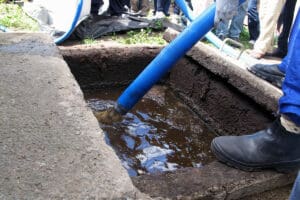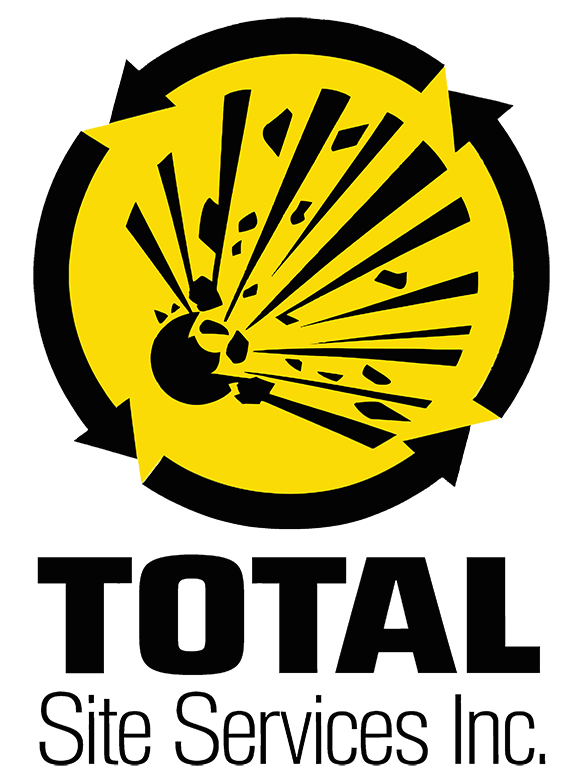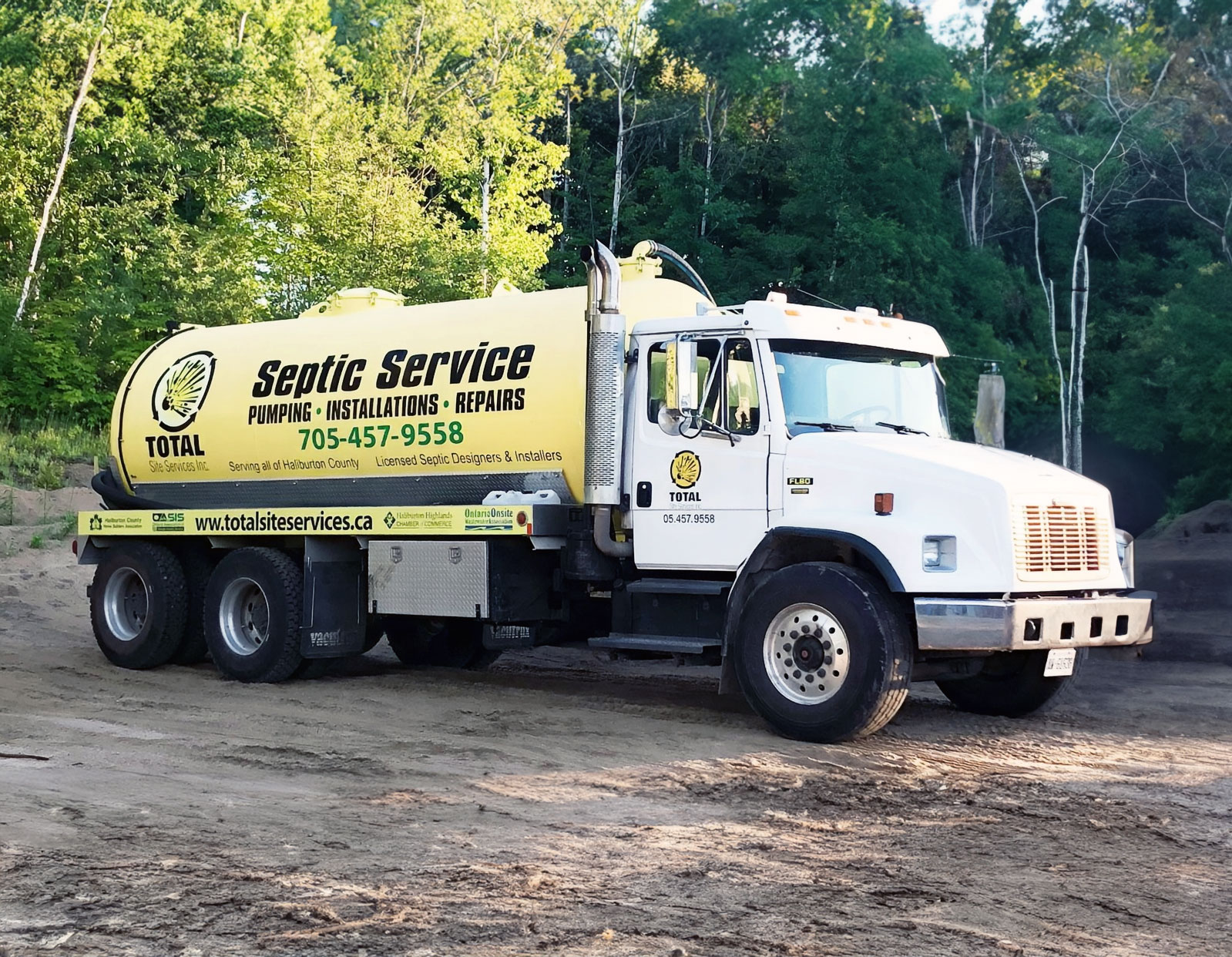Essential Tips for a Healthy Septic System: Keep It Running Smoothly
Your septic system is a vital part of your home, ensuring that wastewater is treated and disposed of safely. Maintaining it properly can save you from costly repairs and unpleasant problems. Here are some expert tips to keep your septic system in top condition.
Schedule Regular Cleanings
Experts recommend having your septic system cleaned every 1 to 3 years, depending on the size of your household and tank.
Regular cleaning is crucial for a healthy septic system. Over time, solids accumulate in your tank and need to be pumped out to prevent clogging and overflow. Neglecting this essential maintenance can lead to system failure and expensive repairs.

Only Flush Toilet Paper
Toilet paper should be the only thing flushed down your toilet. Flushing items like wipes, sanitary products, diapers, or paper towels can cause blockages in your septic system.
These items do not break down as easily as toilet paper and can accumulate, leading to clogs and backups. Educate your household on what should and shouldn’t be flushed to avoid these issues.

Fix Leaky Fixtures
Leaky toilets, faucets, and water softeners can add unnecessary water to your septic system, which can lead to overload and potential failure. Even small leaks can have a big impact over time, so it’s important to fix all leaks promptly. Not only will this help maintain your septic system, but it will also conserve water and reduce your utility bills.
Avoid Parking on the Drainfield
The drainfield is a crucial part of your septic system that helps disperse treated wastewater into the soil. Driving or parking on the drainfield can compact the soil and damage the pipes, which can lead to system failure and costly repairs. Always keep vehicles and heavy equipment off your drainfield to protect it from damage.
Keep the Drainfield Clear
Roots from trees and plants can infiltrate your septic system and cause blockages. It’s essential to keep your drainfield clear of brush, trees, and plants to prevent root intrusion. Maintaining a clear area around your drainfield will help ensure that it functions properly and efficiently. Consider planting grass or other shallow-rooted plants over your drainfield to prevent erosion without risking root damage.
Avoid Additives
Many additives claim to improve septic system function, but they can actually harm the natural processes in your tank. Septic systems rely on a delicate balance of bacteria to break down waste, and adding chemicals or additives can disrupt this balance. Stick to regular maintenance and avoid using additives to keep your system healthy.
Regular Inspections by Professionals
Regular inspections by a professional can identify potential issues before they become major problems. Always have your tank inspected by a licensed septic technician who can assess the condition of your system and recommend necessary maintenance or repairs. These inspections can help prolong the life of your septic system and prevent unexpected failures.

Conclusion
Maintaining a healthy septic system is essential for the safety and efficiency of your home. By following these expert tips, you can ensure your system remains in good working order for years to come. Regular cleaning, fixing leaks, and avoiding harmful practices are key to preventing costly repairs and keeping your septic system running smoothly.
Contact us today to schedule your septic system inspection and maintenance!
Schedule Your Septic System Inspection Now
By implementing these practices, you’ll protect your septic system and enjoy peace of mind knowing that your wastewater treatment is in good hands. Don’t wait until problems arise – take proactive steps to maintain a healthy septic system today.




